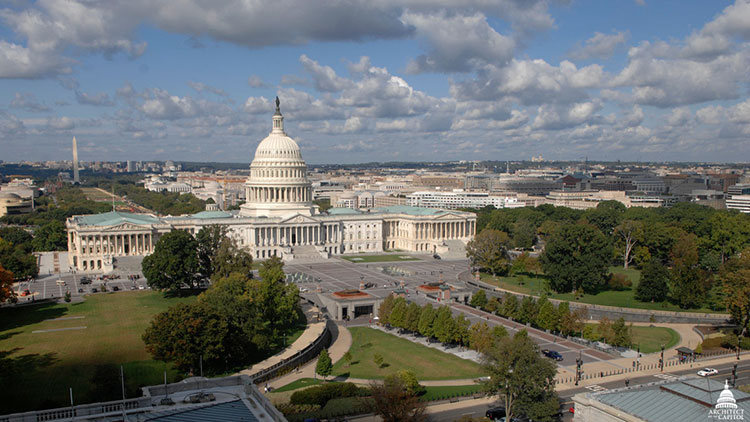ACA Delivers Four-Point Infrastructure Plan to Hill

The smarter way to stay on top of broadcasting and cable industry. Sign up below
You are now subscribed
Your newsletter sign-up was successful
American Cable Association President Matt Polka has a four-point plan for closing the digital divide, at least the part that has not already been closed thanks to private investment and exisiting subsidy programs.
That is according to his testimony before the House Communications Subcommittee, which is holding a hearing Tuesday (Jan. 30) on broadband infrastructure.
"Today, more than 100 million homes have access to 100-plus Mbps," he says, adding that, more importantly, 96% of American households, or 128 million, have access to wireline broadband--the FCC has recently signaled that wireless is not yet a full substitute--at speeds of 10 mbps, so would not be deemed unserved by the FCC, or 40% fewer unserved households than just four years ago. "We should recognize and build upon these successes," Polka says.
Related: Broadband Bills Continue to Rain Down from Hill
Polka will tell the legislators that the first job is to encourage private investment, including by not allowing government funding to overbuild providers or putting the thumb on the scale for one technology over another. Second is removing barriers to buildouts, including impediments to pole attachments, boost conduit-sharing, and prohibit discriminatory rights of way. Third is to then account for additional deployment being spurred by 1) existing support programs (like the Universal Service Fund), 2) removing those barriers and 3) the new tax law (which dramatically reduces the corporate tax rate).
Related: Rep. Blackburn Introduces First Batch of Broadband Bills
Polka's fourth point is to target the support to unserved, high-cost areas; limit it account for state investments, and distributing the funds via a reverse auction, which he says can potentially reduce the amount of subsidy needed by up to 20%.
Polka was asked at the hearing by House Energy & Commerce Committee Chairman Greg Walden (R-Ore.) about any problems his members had had with pole-attachment issues.
He said "thousand and thousands" of dollars had to be set aside for application fees and duplicative engineering studies, as well as a half year's worth of time, at least, to deploy, which in many cases is causing that broadband not to be deployed at all, he said.
The smarter way to stay on top of broadcasting and cable industry. Sign up below
The hearing follows the recent introduction of a raft of House broadband infrastructure bills from Republicans, Democrats and Democrats and Republicans together, as well as President Donald Trump's executive orders speeding broadband facilities siting on federal lands.
Contributing editor John Eggerton has been an editor and/or writer on media regulation, legislation and policy for over four decades, including covering the FCC, FTC, Congress, the major media trade associations, and the federal courts. In addition to Multichannel News and Broadcasting + Cable, his work has appeared in Radio World, TV Technology, TV Fax, This Week in Consumer Electronics, Variety and the Encyclopedia Britannica.

